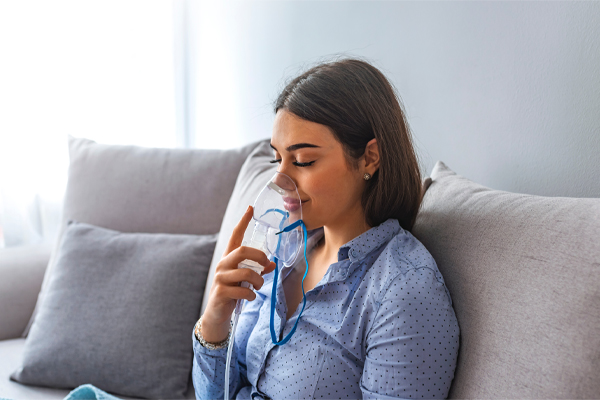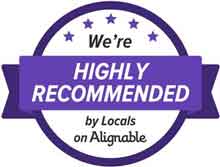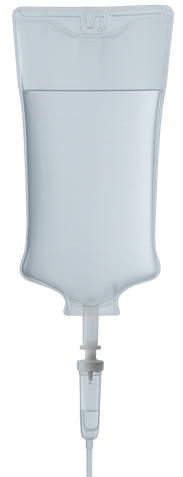Does Your Prescription Increase Risk of CORONA? As we learn more about the COVID-19 virus, it is becoming increasingly clear that a number of pharmaceutical drugs put us more at risk for infection. While Americans should not stop their medications without consulting a physician, it is important to become educated about these dangers. This highlights the terrible price of ignoring low-cost, safe, and effective natural medicines in favor of dangerous and expensive pharmaceutical drugs.
Take proton pump inhibitors (PPIs), for example. These widely-prescribed drugs (Prilosec and Prevacid are popular brand names) block the production of stomach acid and are intended for the treatment of heartburn and GERD (gastroesophageal reflux disease). Most importantly, too little stomach acid means that nutrients and minerals that help protect us are not being properly absorbed. We also must remember that PPIs have been linked with increased risk of pneumonia, which is of particular concern with COVID-19 and the respiratory damage that characterizes advanced cases.
We’ve also written extensively about the many dangers of these drugs. There are some key points to note in relation to COVID-19. For one, stomach acid protects us from harmful pathogens—including pathogens in nasal secretions. This is particularly true of bacterial infections. As we’ve noted previously, symptoms of acid reflux can often be caused by too little stomach acid, so acid blocking drugs like PPIs can aggravate the problem.
Other potentially problematic drugs for weathering this pandemic are blood pressure medications known as ACE inhibitors. These drugs are used in patients with hypertension and diabetes; these chronic diseases also happen to be the most frequent comorbidities reported in studies of patients with COVID-19. As such, some hypothesize that these drugs increase expression of the ACE2 receptor, which is the pathway used by the COVID-19 virus to enter cells. More study must be done to determine whether it is the underlying conditions, the drugs used to treat these conditions, or some combination, that leads to increased susceptibility to COVID-19. 
Also note that other antacids using the drug Ranitidine (Zantac is one popular brand name) have been pulled from the market for being contaminated with N-Nitrosodimethylamine (NDMA), a probable human carcinogen.
Note that many other drugs interfere with or deplete key nutrients in the body, which is extremely problematic as many of us are trying to optimize and bolster our immunity to prevent infection. Statins lower CoQ10 levels in the body; anticonvulsants can lower levels of vitamin D; many antibiotics decrease calcium, magnesium, potassium, B vitamins, and vitamin K.
Americans are taking more prescription drugs than ever. Consider these statistics:
44% of Americans take at least one prescription medication 17% take three or more drugs.
Polypharmacy (the use of five or more prescription drugs) almost doubled from 1999 to 2012, rising from 8% to 15%, according to a JAMA Study.
This incredible over-reliance on expensive prescription drugs is almost certainly making us more vulnerable to COVID-19. This emphasizes the price we’re paying when federal agencies like the FDA throttle access to low-cost, safe, and effective natural medicines.
Action Alert! Tell the FDA, with a copy to Congress, to warn Americans about the dangers of PPIs and other drugs, particularly in relation to COVID-19. Please send your message immediately.
Curated Content is courtesy of: Alliance for Natural Health
JAMA Study: https://jamanetwork.com/journals/jama/fullarticle/2467552








